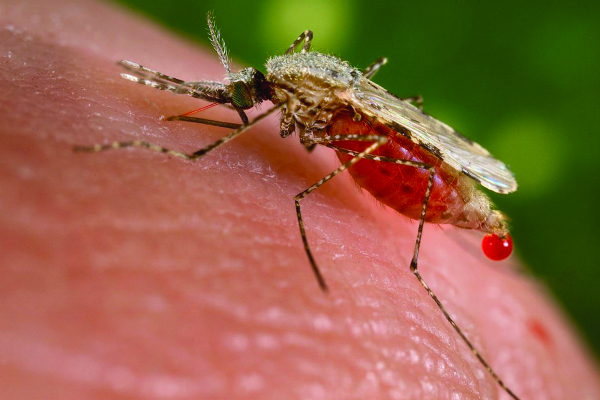
YESTERDAY, Zimbabwe joined other nations in commemorating World Malaria Day at a time the country is groaning under the harsh effects of the COVID-19 pandemic which has wrecked most countries’ public health systems.
While global focus has somehow shifted towards fighting coronavirus, Zimbabwe and indeed the rest of Africa cannot afford to ignore other killer diseases such as malaria, among others.
With 93% of the 228 million malaria cases and 94% of the 405 000 malaria-related deaths reported worldwide in 2018 recorded in Africa, the continent remains the global burden bearer as far as the disease is concerned.
While the COVID-19 pandemic has changed the world and presented new public health challenges, governments mustn’t allow preventable and treatable diseases such as malaria to rebound.
Closer home in Zimbabwe, while it’s common cause that the country’s heavily compromised healthcare system has been stretched to the limit by the COVID-19 pandemic, government mustn’t be tempted to channel all resources towards fighting coronavirus at the expense of other equally vicious diseases like malaria. True, Zimbabwe has made huge strides in reducing the malaria case rate and deaths, but these achievements need to be jealously guarded to avoid resurgence.
Accelerating awareness campaigns as well as provision of life-saving mosquito nets, among other interventions will go a long way in keeping the disease at bay while long-term solutions are sought to eradicate it.
As highlighted by Africa Union commissioner for health, humanitarian affairs and social development, Amira Elfadil Mohamed in her World Malaria Day statement, this can only be possible if there is strong political commitment, increased funding, and innovations devised to improve malaria prevention and control. This means, as a country, we have to revisit our budgetary allocations and ensure the health sector is adequately funded to avoid unnecessary loss of lives to preventable and treatable diseases such as malaria.
At grassroot level, citizens need to step up and be a part of the zero-malaria movement by ensuring their environment is free of the malaria-transmitting anopheles mosquito.
- Chamisa under fire over US$120K donation
- Mavhunga puts DeMbare into Chibuku quarterfinals
- Pension funds bet on Cabora Bassa oilfields
- Councils defy govt fire tender directive
Keep Reading
Zero malaria starts with you and me.











